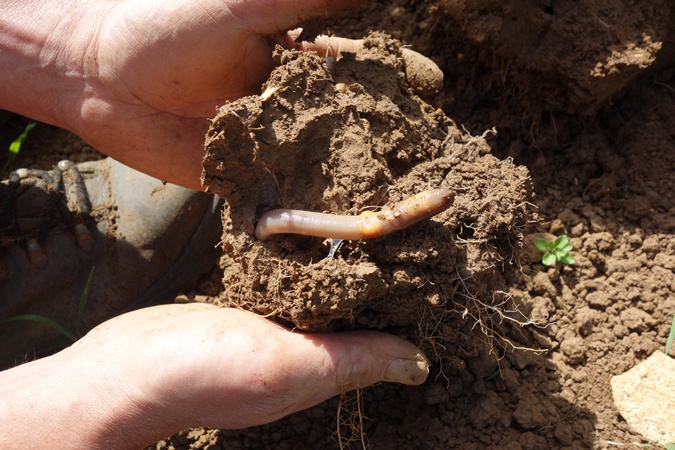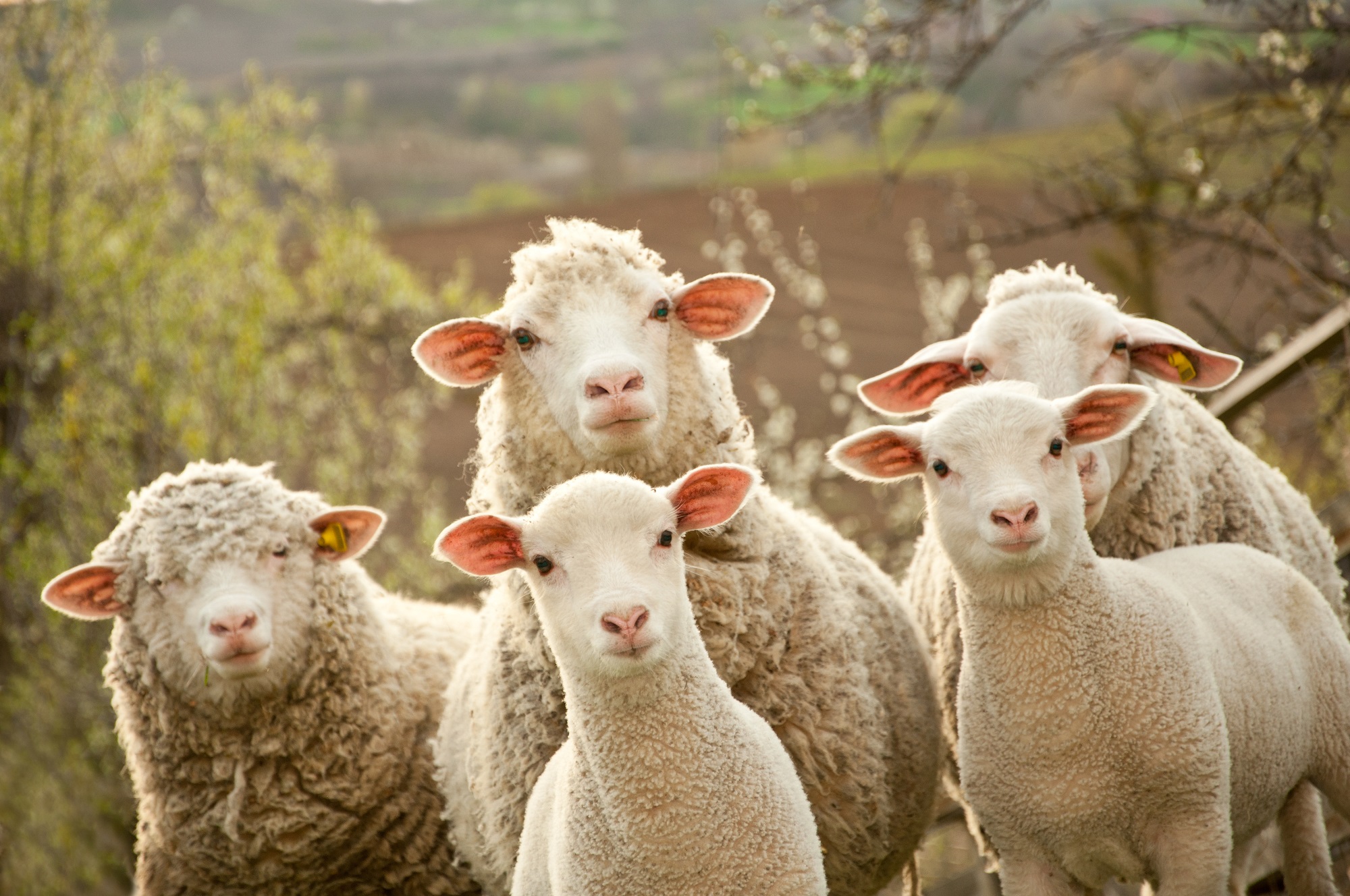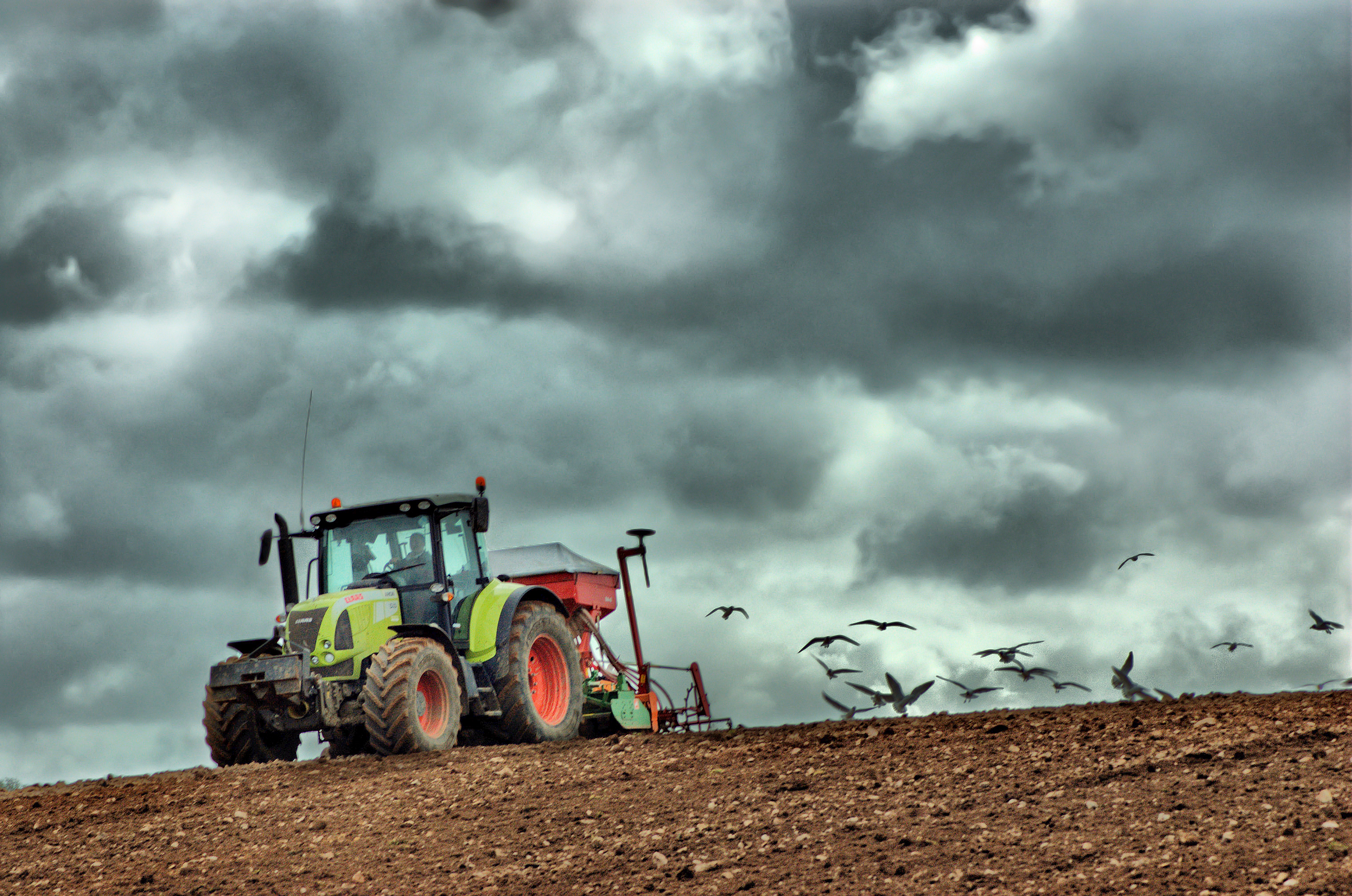
- Soil Association
- Our work in Scotland
- Scotland farming programmes
- Current Scotland programmes
- Planning for Change: A Whole Farm Approach

Planning for Change: A Whole Farm Approach
Farmers, growers and crofters are operating in an increasingly challenging environment with multiple and sometimes competing demands on land use.
In addition to food production, these can include nature restoration, climate mitigation and adaptation, peatland restoration, flood management, woodland creation and renewable energy generation.
From 2025 the Scottish Government will phase in a new requirement for all farms and crofts in receipt of Basic Payment Scheme (BPS) payments to complete a Whole Farm Plan (WFP), to help identify ways to make farms and crofts more efficient, productive and profitable.
The Soil Association recognises that a whole farm approach is a key factor in supporting a shift towards more sustainable farming – building resilience to economic and climate shocks while delivering public goods, reducing GHG emissions, increasing carbon sequestration and enhancing biodiversity.
Knowledge-exchange programme
We are therefore delighted to announce the launch of our new programme: Planning for Change: A Whole Farm Approach, which will support farmers to implement and benefit from using the Whole Farm Plan framework.
The project will also explore how the Whole farm planning framework can be used to transition towards more regenerative and agroecological approaches, supporting uptake and implementation.
We will be running a series of free-to-attend in-person events and webinars and producing case studies and useful resources to illustrate how WFPs work, the individual elements that are used to inform the plan, e.g. soil analyses, IPM plans, biodiversity and carbon audits, animal health and welfare plans, and how a plan can be used to consider economic, environmental and social impacts of the farm and set clear objectives.
The key objectives to achieve this are to:
- Provide a range of opportunities for peer-to-peer knowledge exchange and support
- Use a range of formats to illustrate what a whole farm planning process can look like across a range of farm, croft and enterprise types
- Increase awareness of agroecological, regenerative and sustainable farming, and how these approaches can be implemented in an integrated, adaptive way
- Produce and disseminate a range of resources to support uptake of these approaches.
As a result of engaging with the project, we want participants to:
- Have an increased understanding of whole farm planning and agroecological approaches, and the range of potential economic and environmental benefits associated with these
- Feel confident to undertake a whole farm plan or elements of it, and how to look at their farm system as a whole
- Feel inspired to implement changes towards more integrated, sustainable management.
These objectives will support the Scottish Government’s Vision for Agriculture ambition for a 'whole farm approach' to help deliver on climate and nature goals.
This project is funded by The Scottish Government through the Knowledge Transfer and Innovation Fund (KTIF) which supports projects that promote skills development or deliver improvements in business practice, resource efficiency, environmental performance and sustainability.



